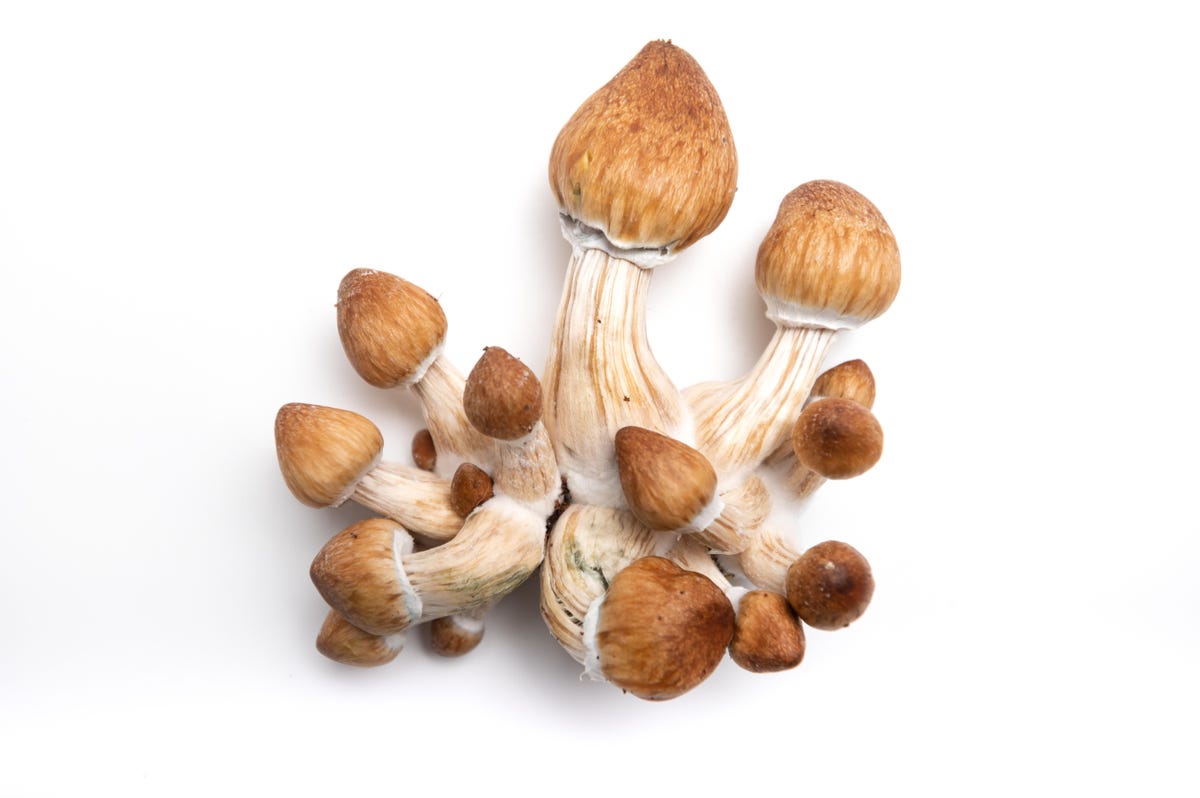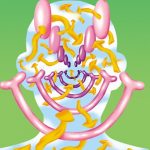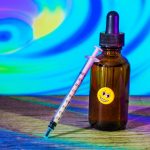
City leaders in Port Townsend, Washington voted this week to decriminalize entheogenic plants and fungi, joining a growing list of communities that have relaxed their policies on psychedelic drugs.
Under a resolution adopted unanimously by the city council on Monday, laws against natural psychedelic drugs such as psilocybin mushrooms, peyote, and ayahuasca will be among the lowest law enforcement priorities in the city. The measure also expresses the city council’s support for decriminalization of psychedelics by the State of Washington and at the federal level.
City staff modeled Port Townsend’s psychedelics decriminalization resolution after one approved by the Seattle City Council in October, making it the largest U.S. city to make such a move. Denver was the first major municipality to decriminalize psychedelics in 2019, and similar measures have been passed by Oakland, Washington, D.C., and Cambridge, Massachusetts. And in November, voters in Oregon approved a ballot measure that decriminalized psilocybin and legalized the compound for therapeutic use.
Activists Advance Decriminalization
The Port Townsend Psychedelics Society (PTPS), a group dedicated to decriminalizing entheogenic plants and exploring their potential for healing, also contributed to the drafting of the resolution. The city now “maintains that the abuse of controlled substances should be understood primarily as a public health issue,” the text of the resolution reads, according to a report by Marijuana Moment.
Before the council voted on the measure, PTPS activists recommended changes to an early draft of the resolution. Under amendments supported by the group, the text of the resolution was changed to make entheogens “among the lowest” law enforcement priorities, instead of a “low” priority.
Mexican hallucinogenic mushrooms.
getty
“After two and a half years working on this issue, we are extremely excited that the City of Port Townsend has passed a resolution supporting the decriminalization of entheogens,” Erin Reading of PTPS told Marijuana Moment after the vote. “We received only support in the passing of this resolution and are grateful for the vibrant community that has congealed around this work.”
“Now, we can focus more of our energy on the other facets of the PT Psychedelic Society which include increasing accessibility to these medicines, providing educational workshops and trainings, developing support structures (such as our monthly integration groups), and strengthening community connections,” she wrote in an email.
Psychedelics As Medicine
Researchers continue to study the potential medicinal applications of psilocybin and other natural psychedelic drugs, which are often also referred to as entheogenic plants and fungi. Research published last year in the journal JAMA Psychiatry found that psilocybin-assisted psychotherapy was a quick-acting and effective treatment for a group of 24 participants with major depressive disorder. A separate study published in 2016 determined that psilocybin treatment produced substantial and sustained decreases in depression and anxiety in patients with life-threatening cancer.
Greg Rovner, CEO of Heally, a California-based telemedicine platform for psychedelic clinics and patients looking for alternative medicine treatment, applauded the unanimous decision to decriminalize entheogenic plants and fungi by city leaders in Port Townsend.
“This is a great first step that we believe will significantly reduce the number of people arrested for possession of entheogenic plants, as we’ve seen in Oakland, Denver and the whole state of Oregon,” Rovner wrote in an email. “We’re seeing an upswelling of grassroots support for psychedelics and hope it will lead to the end of federal prohibition and create more opportunities for medical research into the benefit of psychedelics.”


No comment yet, add your voice below!